“I can’t believe that God will make people go to hell if they don’t choose to follow Jesus.” The twenty-something woman in my Bible study voiced a concern many others had voiced.
“Well, how do you think He should respond to people who choose to reject Him and live any way they please in this life, often to the pain and detriment of others?” I asked.
She thought for a long moment. “I know. He should make them feel really, really bad.”
I shouldn’t have been surprised at her answer.
To the generations coming up, this idea of feeling really, really bad would be a terrible punishment. It’s a cardinal sin in modern times to make someone feel bad.
At some point, we installed protective shields in everyone under thirty that efficiently deflect all manner of guilt, shame, regret, repentant sorrow or any form of “bad.” Breaking through that shield is a severe breach of socially acceptable conduct.
Now, we had the best intentions when we raised them.
It did seem like a genuine cultural improvement to protect peoples’ self-esteem, to shield them from false guilt, to inspire them to do good works rather than shaming them into obedience and to emphasize forgiveness and grace over guilt.
While not all wrong, it would seem that some fine-tuning is in order.
It’s an understandable inclination to protect people from bad feelings but we should have learned a lesson from those who suffer with leprosy that pain might, in fact, serve a worthy purpose.
Free from the sensation of pain, you’d think that people with leprosy would have an ideal existence. However, the result of this condition is that they often don’t know if they’re being burned, have broken a bone, or perhaps sprained an ankle.
They prove that pain is actually a lovely alert system that something is wrong or that certain behaviors should cease. I ignored the pain in my shoulder for so long that I allowed my bad habit of carrying too much around to damage my muscles and nerves. While I hated the pain and tried to medicate it into silence, it was actually being my friend trying to tell me that I was doing something detrimental to my body.
Emotional pain has similar benefits.
If we do something that makes us feel guilt, shame, remorse, or regret, that’s usually an indication that we shouldn’t repeat that behavior. In this way, painful feelings can be our best friends. For example, if I feel badly about hurting others, this is a sign of emotional health and will serve to inspire me not to hurt them again.
I suppose, for a time, our society became overly enthusiastic about guilt and shame. Our Puritanical roots, having arrived on North American soil with no natural predators, grew like kudzu and overtook many of our sensibilities. There’s no advantage to walking around feeling guilty and remorseful over every little thing.
But, nowadays, if you ask me, people are walking around feeling great with very little reason. Just watch some of the early rounds of American Idol! It seems like some of the MOST atrocious singers respond to criticism by the judges by saying, “Well, I feel great about my performance and that’s all that really matters.”
Not really. The truth is what really matters and accepting that would take you further in life than the good feeling you’re nurturing as you slink off stage!
Do you know what segment of our population has the highest self-esteem? Serial killers. Yup. These people feel pretty darn good about themselves. No guilt, shame, remorse or regret plaguing these people. Bet they sleep like babies. Proof enough that a little emotional pain might be wonderful preventative medicine for psychosis!
Timothy warned us of these times. “But mark this: There will be terrible times in the last days.People will be lovers of themselves, lovers of money, boastful, proud, abusive, disobedient to their parents, ungrateful, unholy,without love, unforgiving, slanderous, without self-control, brutal, not lovers of the good, treacherous, rash, conceited, lovers of pleasure rather than lovers of God— having a form of godliness but denying its power. Have nothing to do with such people.” II Timothy 3:1-5
Having a form of godliness but denying its power. This is forgiveness without repentance. Grace without regret. Pardon without admission of guilt.
Someone shouted at me recently, “Are you trying to make me feel guilty?” “Well,” I replied, “yes, if you are guilty. Absolutely. Guilt would be the correct emotional response and if you don’t feel it, I worry more about you than not.” (This reply did not go over well but I stand by it.)
Sometimes we should feel bad.
False guilt and shame are useless. Refusing to live in the forgiveness and grace offered us through Jesus Christ after we’ve repented is ludicrous and a waste of spirit.
But if you are guilty, you should feel guilty.
If you’ve done something shameful, you should feel ashamed.
If you’ve done something wrong, you should feel regret and remorse.
These are lovely goads that, functioning properly, keep us from becoming like wild animals or callous sociopaths. Ceasing to experience these feelings in response to appropriate stimuli is like a form of emotional leprosy!
Fortunately, Jesus knew how to cure physical leprosy and I’m sure He can cure its emotional equivalent.
But you have to go to Him and ask for it. That means, first, you’d have to admit you’re guilty. Can’t handle that? I’d hurry and seek the cure, if that was me!
Do you feel badly when you’ve done something wrong? Good for you, fellow adventurer, and good for the rest of us, too!

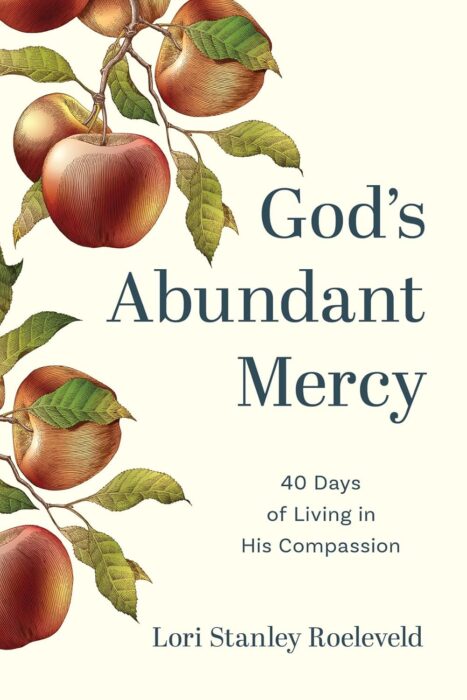
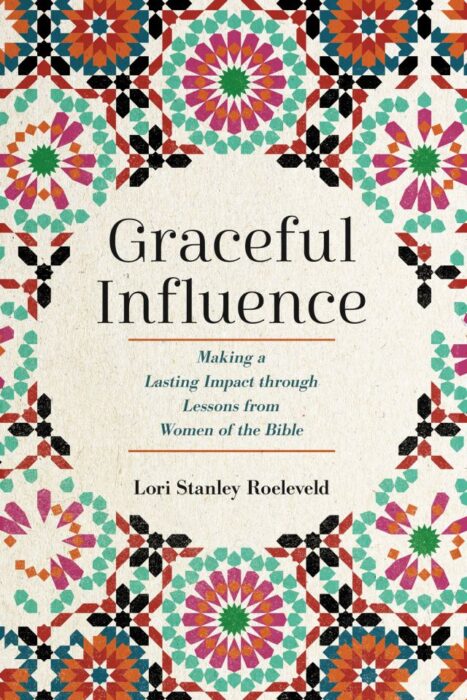
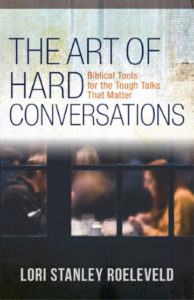
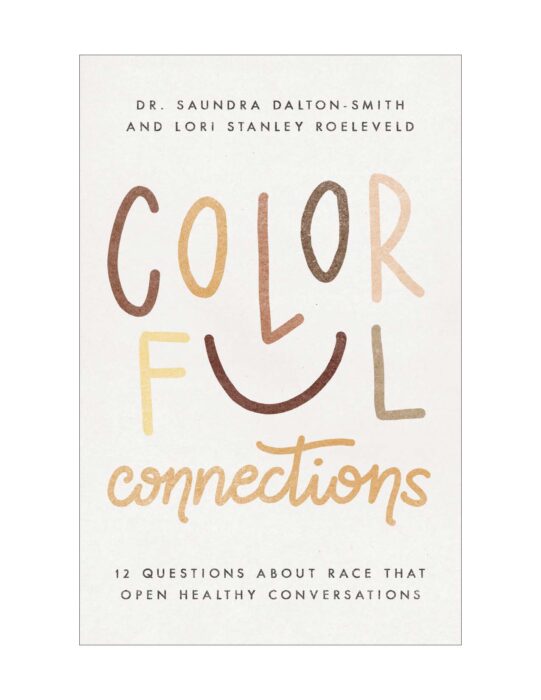

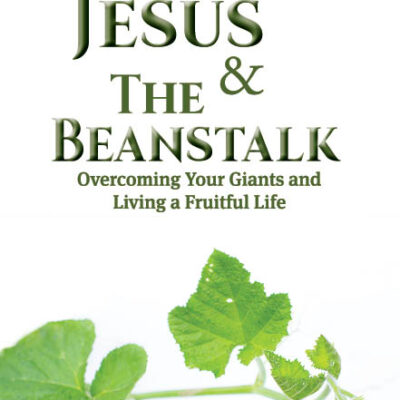
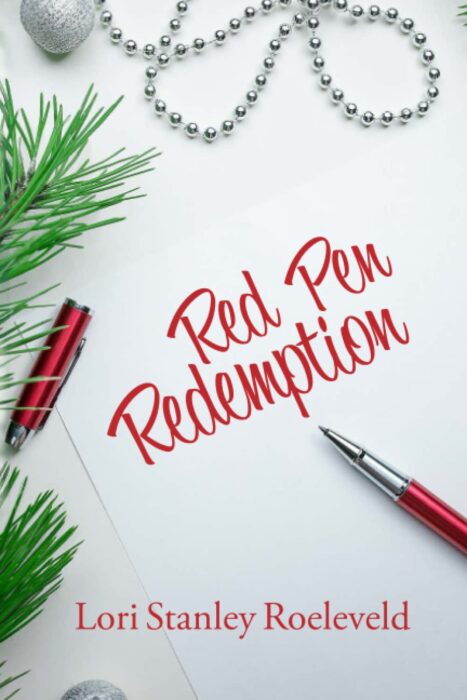




The Conversation
Wow, what a convicting scripture “People will be lovers of themselves.” I think looking around and we tend to see a lot of fake people pretending to be happy when on the inside they are really lacking something. Some are just too proud to admit it.
Angela
http://deeperunderstandingministry.blogspot.com/
“Having a form of godliness but denying its power” is a verse that have often troubled me to its meaning. Thanks for shedding some light on it!
~Diane
Profound truths & insight that can only come from God’s laws & His Devine plan for us…
I am weary of hearing ‘if it feels good, do it, w/out regret or remorse or how one’s actions DO affect others … Either good or bad!’
I am sharing this on my FB!
Is there a typo in the second to last paragraph? Do you mean “if” that was me? I just wasn’t quite getting that sentence.